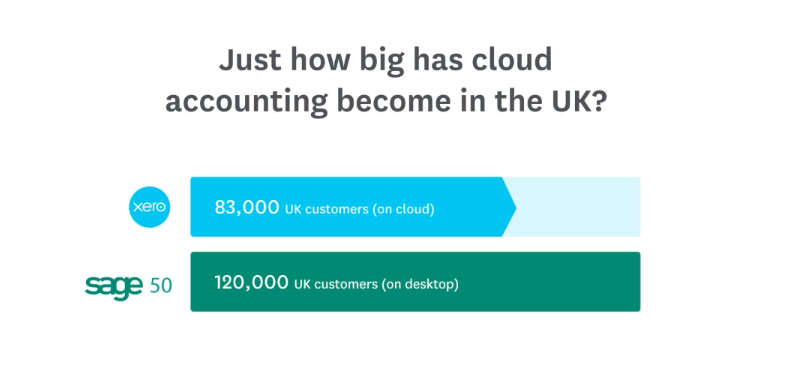Following an important case at the Employment Appeal Tribunal, the rules that govern the amount of holiday pay that is due to an employee have changed.Under EU Law, workers are entitled to four weeks holiday pay a year but there are no details on how it should be calculated. Up until now, the UK Government has interpreted the EU Working Time Directive as saying that holiday pay should be at an employee’s basic rate of pay, which means any additional payments for regular overtime aren’t included.
As a result, most employers have not included regular overtime in their calculation of holiday pay. Basic pay is taken to be that which is identified in a contract of employment, or in the absence of such a written contract, a period of 38 hours work (there are precedents from three UK employment tribunal cases -Tarmac, Bamsey and Lotus – where the employees’ contracts stipulated that “normal working hours shall be taken to be 38 hours per week).
Historically, for example, if a weekly paid worker was paid for 38 hours at £9.50 per hour then, regardless of any overtime, bonuses or commission earned, the amount of holiday pay would be calculated at 38 x £9.50 = £361.00
However, the Tribunal [2014] UKEAT 0047_13_0411 has made a ruling on three separate cases: Bear Scotland (a road maintenance company) v Fulton, Amec (an engineering firm) v Law, and Hertel (an industrial services group) v Wood. The employees in all three cases originally won their claims for a higher calculation of holiday pay and the tribunal has now rejected appeals from the companies. The Tribunal also ruled that workers can make backdated claims, but only for a limited period.
In coming to a decision, the Tribunal referred back to a number of cases testing Article 7 of the Working Time Directive (2003/88) that made their way to the Court of Justice of the European Union (CJEU). However, a final decision on these matters could be a number of years away if the ruling is referred to the Court of Appeal.
Under the ruling, businesses will have to calculate the amount of holiday pay that is due, not just on the basic wage or salary as outlined above, but on total earnings averaged over a particular period of time. However, having made the decision, the Tribunal did not give any directions on how holiday entitlements relating to periods of overtime were to be calculated or administered through payroll and HR systems.
According to the government one-sixth of the 30.8m people in work, around five million workers, get paid overtime and they have said they would be setting up a task force to look into the impact of the ruling. Further information will be issued as it becomes available.



